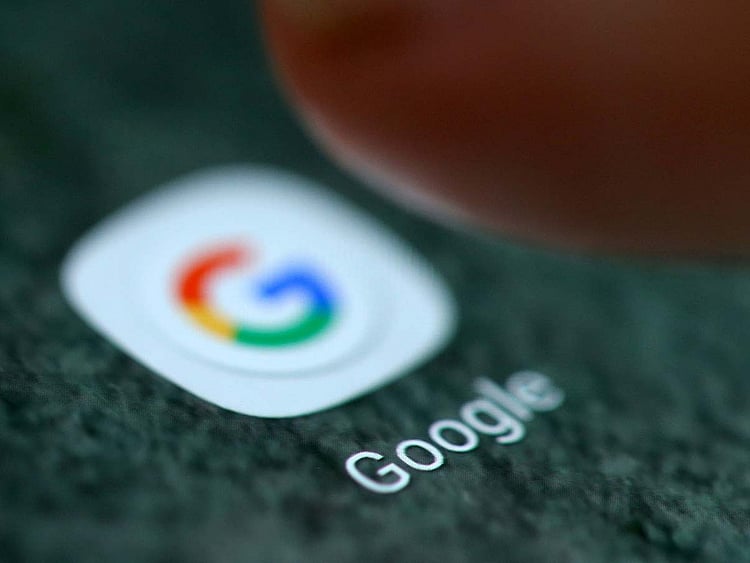To call it brazen would be an understatement. A year ago, the European Commission fined Google parent Alphabet Inc. €4.3 billion euros (Dh17.6 billion, $4.8 billion) and ordered it to stop making its search engine the default on Android-powered smartphones.
On Friday, the tech behemoth presented its remedy: it will ask other search engines to pay for the privilege.
When setting up their handsets, Android users will get a choice of search engines, including Google. To determine which others to include, the search giant will hold an auction in each European Union member state and give the highest bidders slots.
Google’s rivals will pay each time a user picks them as their default search engine. That will put smaller competitors in a bind: It will be hard for them to predict how much they will need to pay each month.
If the charges are significant, they could be a major upfront burden on earnings.
A squeeze on the competition
Take search start-up Qwant, which raised €18.5 million of funding in 2017, its most recent round. If millions of users choose its search engine, and it has to pay several euros each time, that could make an unpredictable dent in its finances.
And if a user, having picked Qwant, then decides to switch back to Google, the French company wouldn’t be able to recoup its costs.
This cannot be what the Commission intended when it imposed the penalty. When it forced Microsoft Corp. to offer alternative web browsers to Internet Explorer back in 2010, the software company ended up presenting them in a random order to each user.
The aim was to ensure that all browsers had a fair crack of the whip.
Google’s response might follow the letter of the law, but certainly not the spirit. The implications are two-fold. First, it buys the company some time. If the Commission doesn’t approve of the practice, it will take another few months at least to force the company change it.
Second, it helps to reinforce the narrative that regulation has unintended consequences and is therefore bad. It’s an argument Google and Facebook Inc. don’t mind propagating.
Take, for example, the General Data Protection Regulation, introduced last year. Some argue that the law has in fact entrenched the dominance of the Silicon Valley firms at the expense of smaller businesses. In other words, regulation hasn’t served its intended purpose.
This search auction is similar. Dependent on the pricing, it might prove that only the biggest players (such as Microsoft’s Bing) can shoulder the additional costs without blinking. And it’s technically the regulator’s fault, Google might argue.
There could be an interesting corollary to all this. It will help to ascertain the market value of a user. If search engines are willing to pay, for argument’s sake, $10 for each sign-up, that figure could be used by the Commission in future antitrust cases.
But it also gives Google competitive intelligence about how valuable a customer is to its rivals.
For sure, this will result in smaller competitors getting more of a look-in than they did previously. But at what price? Google has played a blinder.
— Bloomberg
Sign up for the Daily Briefing
Get the latest news and updates straight to your inbox
Network Links
GN StoreDownload our app
© Al Nisr Publishing LLC 2026. All rights reserved.
